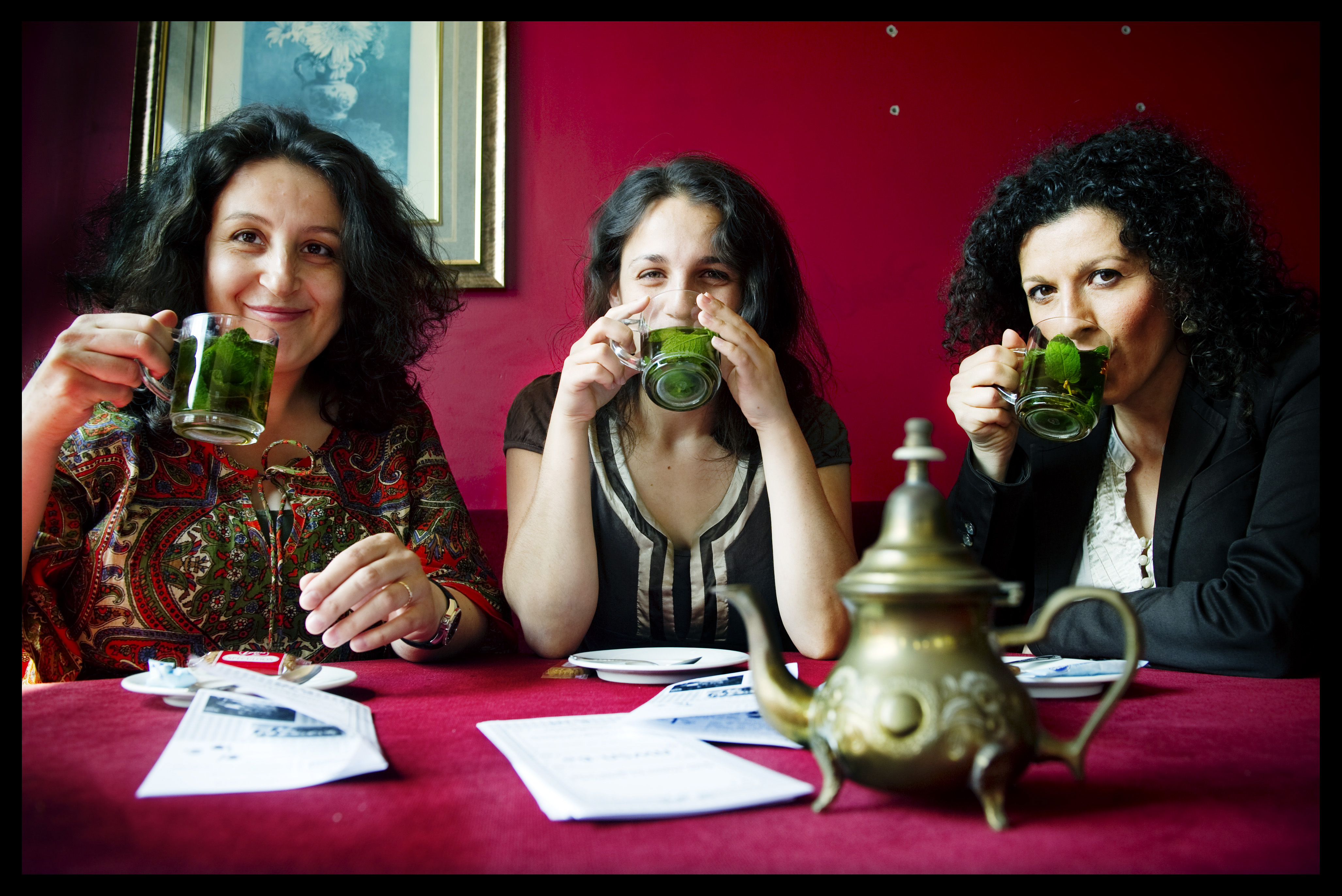Arab women who have migrated to Europe often must cope with isolation due to cultural divides that prevent Arabs and Westerners from connecting.
Why we care: The media often exacerbates stereotypes that incorrectly define Arab women as submissive, and accepting of Islamic fundamentalism.
How we are solving this: Organizing conferences, debates, and trainings to empower women, challenge negative stereotypes, and bridge cultural divides.
In Europe, there is generally a lack of media coverage of people from the Arab world who are secular or resist the rise of religious fundamentalism, furthering harmful and false cultural stereotypes. Arab women who have migrated to Europe often must cope with isolation due to cultural divides that prevent Arabs and Westerners from congregating and developing harmonized multi-cultural communities. This isolation also prevents women from accessing information on their rights.
The Arab Women’s Solidarity Association in Belgium (AWSA-Be) was created in 2006 in Brussels to promote the rights of women of Arab origin in Europe and Arab states. AWSA-Be brings women and men of both cultures together in order to foster inter-cultural dialogue, shift sexist attitudes, and promote Arab women’s participation in civil society.
AWSA-Be aims to eradicate harmful stereotypes and better integrate Arab immigrant women by engaging more people in intercultural dialogue through organizing conferences, literary events, and art exhibitions. These public events will increase public awareness about the strength of Arab women. For example, a photo exhibit will feature portraits of Arab women activists who defy stereotypes by serving as leaders who advocate for secularism and reject fundamentalism. AWSA-Be will also organize a conference for over 300 people to open constructive dialogue on the challenges that Arab women face living in European society and the contribution that women are making throughout the Middle East and North Africa in advancing women’s rights. These discussions will educate Europeans about Arab women’s reality and allow participants to formulate strategies on how to transform negative stereotypes about women.
AWSA-Be will also collaborate with community leaders and professionals, local cafés, and schools to organize public debates and intercultural dialogue activities that broaden the public’s understanding of Arab culture and identity. By launching numerous intercultural dialogues with immigrant communities, students and youth, and the general public, AWSA-Be hopes to reach over 500 people and give them a clearer understanding of women’s rights and the complexities surrounding the challenges that Arab women face.


